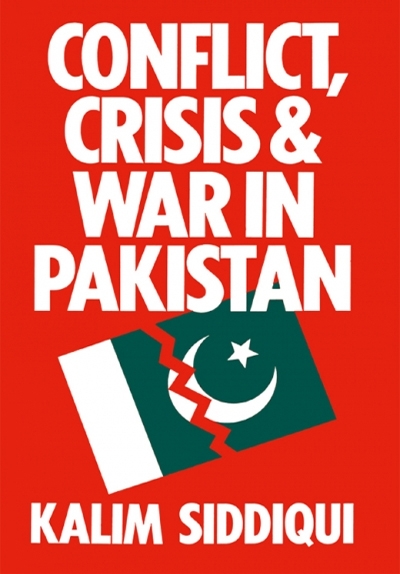



The burning of the 700-year-old Shah-e Hamdan shrine in Tral, Indian occupied Kashmir, on December 16 was no accident. This was the third ‘accidental fire’ that has destroyed an important Islamic monument in Kashmir.
As Bangladesh aid donors met in Dhaka on November 4, they got a glimpse of the problems confronting the country. The opposition Bangladesh Nationalist Party (BNP) held a noisy rally in the capital condemning the regime’s performance.
Mention India and it conjures up images of the Taj Mahal, sitar music and dope-smoking hippies tranced by gurus pontificating on the virtues of transcendental meditation.
Elaborate plans are underway for golden jubilee celebrations in both Pakistan and India. Pakistan had kicked off its celebrations last March with a summit of the Organisation of Islamic Conference and an impressive military parade on the main thoroughfare in Islamabad.
For one who was an arch atheist, with a communist activist for a father, who could not accept Islam, knowing that it ‘required one to be strictly disciplined’, Abdullah Adiyar, the celebrated South Indian poet, playwright, orator and journalist of the Tamil-speaking world had come a long way when he breathed his last on 19 September.
February 5 is traditionally observed as Kashmir Day in Pakistan. This year it was no different although it was somewhat overshadowed by the just-concluded elections in Pakistan.
HINDUTVA is specifically a post-colonial development which took birth under the impact of British Orientalist scholarship and which imparted a great deal of its own meaning and political content to Hinduism.
It is clear now, within days of the joyous installation of the Bharatiya Janata Party (BJP) government at the Centre with dances and record sales of sweets in its bastions, that it is going to be an extremely short-lived wonder, unlikely to survive beyond 31 May...
This book can be seen as having a particular significance in Dr Kalim’s intellectual development. It was both the culmination of one phase of his life – with a focus on Pakistan – and the starting point of another, which led to the establishment of the Muslim Institute. Conflict, Crisis and War in Pakistan is a product of this personal experience. It combines the insight of his academic work and the passion of his commitment to Pakistan as a cause and a project, rather than a nation-state. This is well expressed in his preface to the book, included in the section attached below. Also included is the first chapter, on the legacy of the colonial period.

